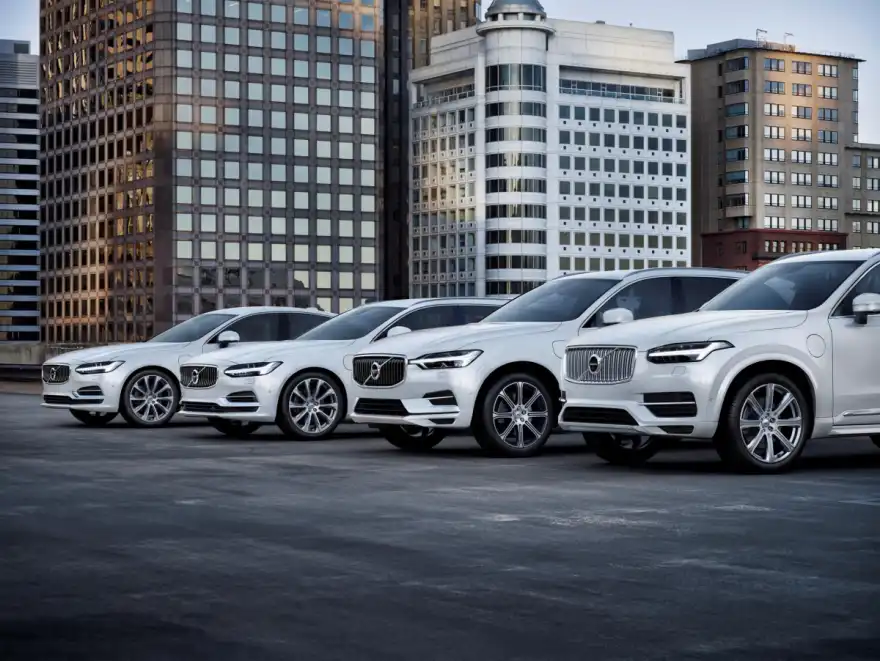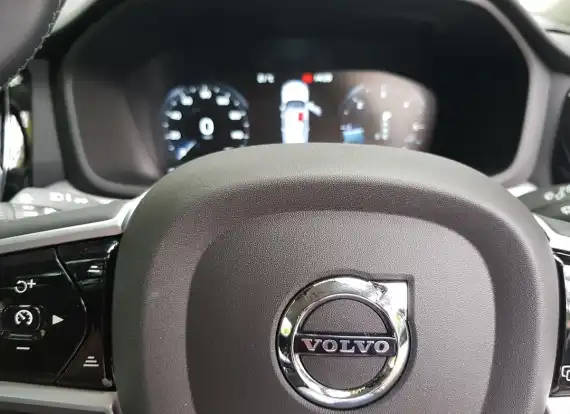
Volvo is big on safety. That’s no secret. They make some of the safest cars on the road and they are a leading innovator when it comes to onboard safety technology. They like to keep their customers protected. An admirable trait of any vehicle manufacturer.
Volvos latest effort to keep the roads as safe as possible might prove controversial though. Volvo is planning to limit all of their cars to 112 mph from 2020. It’s a brave move that the majority of motorists should probably have no argument with because realistically very few of us ever get near 112 mph and of course it’s completely illegal and wildly irresponsible in the UK.
Volvo announced its ‘Vision 2020’ campaign a few years ago. In short, they want there to be zero deaths in new Volvo vehicles by the year 2020. Volvo has identified three factors which are seriously hindering their efforts to achieve its ambitious target for next year. These factors are intoxication, distraction and speeding. The first two factors will be attacked separately, with a presentation in Gothenburg, Sweden, on the 20th of March, but this latest decision hopes to really address the speeding element of what Volvo is already doing an excellent job with their onboard technology which protects occupants in the event of a crash, and they’re also doing well with their autonomous functionality which should prevent crashes from happening altogether. Volvo is now shifting their efforts to changing and improving driver behaviour.

Their efforts don’t stop at limiting top speeds. Volvo is also looking into ‘geo-fencing’. Geo-fencing is the use of GPS technology to create an infrastructure of virtual boundaries which will trigger a response within the car. This can be used in a number of ways. For example, if a Volvo car was able to recognise that it was near a school or a hospital, a maximum speed limit could be activated, preventing the driver from speeding and therefore reducing the chances of incidents involving pedestrians in these high-risk areas. Geo-fences could also be applied in densely populated city centre areas.
One question appears to go unanswered though, which is ‘what happens on the de-restricted sections of the autobahn?’ As we know, there are stretches of the German motorway network which have no speed limit at all, would Volvo be able to geo-fence the entire length of these highways? Or would drivers be expected to behave themselves where others aren’t?
We’re interested to know your thoughts on this. Most sensible people will agree that 112 mph limit is plenty, but would it put you off buying a car? Let us know in the comments section.
